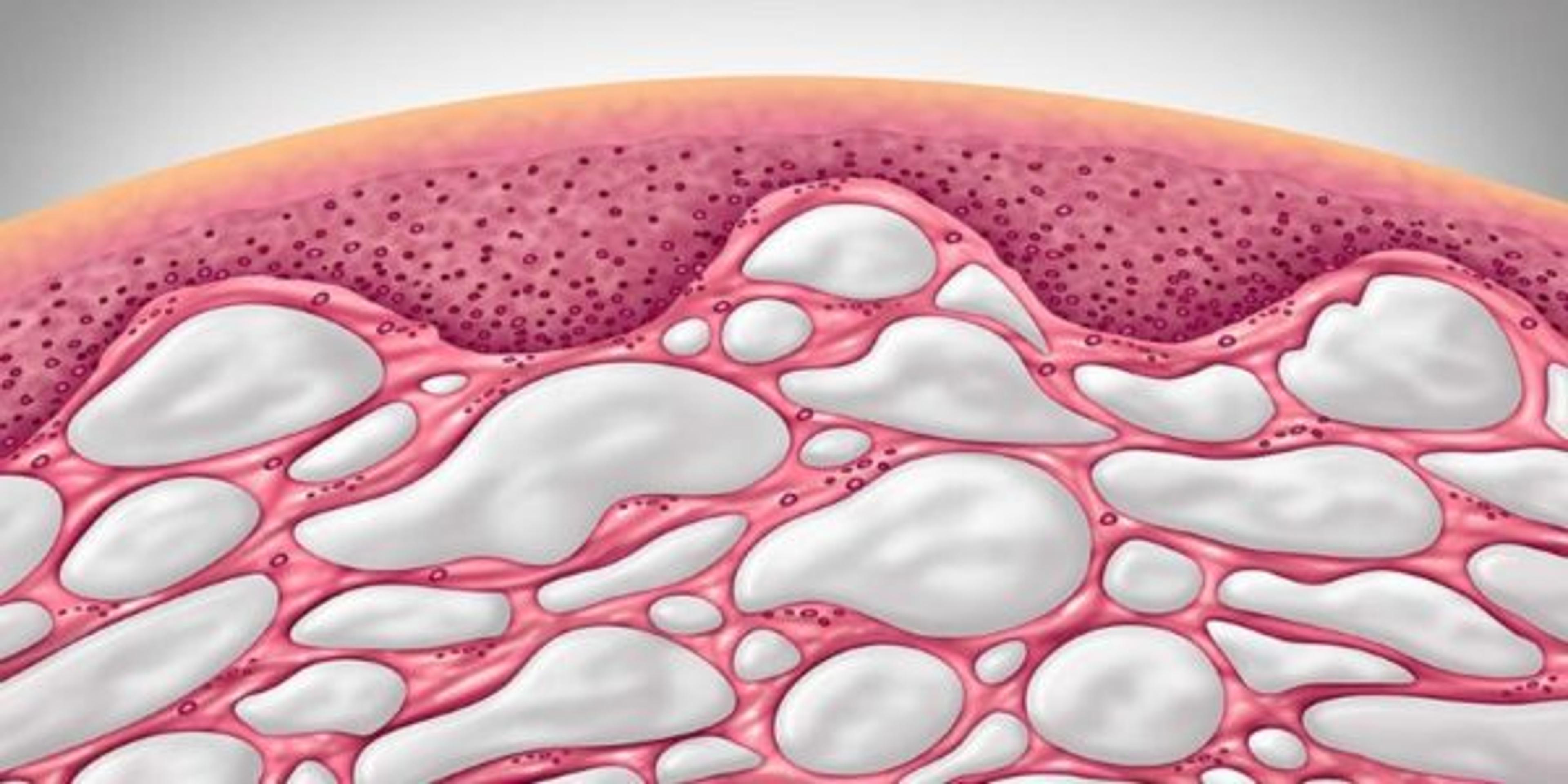How to Care for Your Interstitium, Which May Be Your Newest Organ
3 min read

People have been studying organs such as the heart, lungs and brain for thousands of years. It’s pretty rare when a new organ is added to the list. That’s exactly what happened a few years ago when researchers suggested a body-wide network of tissue and fluid-filled spaces called the interstitium should be considered for classification as an organ.
This new addition raised lots of questions, like what the interstitium is, what it does and what’s the best way to take care of it?
What is the interstitium?
The interstitium is a specialized system of connective tissue located just under the skin and wrapped around the digestive and respiratory systems, among others. It’s made up not only of the dense tissue itself, but also of the fluid-filled spaces in between the tissue.
This organ holds in place about 20% of all the water and fluids in our bodies, according to scientific journal research in Scientific Reports.
What does the interstitium do?
The intersititium may work as part of the body’s immune system, researchers have found. The fluid contained in the spaces of the interstitium is linked to the lymph, a colorless fluid that carries white blood cells to places where they are needed in the body to fight infection.
The lymph fluid washes over the body’s tissues and then drains into the bloodstream through the lymphatic system. So part of the work of the interstitium may be linked directly to ferreting out and stopping infection.
The interstitium-cancer connection
Early on in its discovery era, the interstitium raised questions about its possible link to how cancer spreads in the body, according to Northwell Health. Some researchers believe this body-wide system of interconnected tissue and fluid can whisk carry cancer cells from one area to another, spreading them between areas that otherwise would not have a connection.
A new area of study into this, published in 2021 by researchers at New York University, showed the interstitium is akin to a “highway” that allows cells to travel between organ barriers. This system poses a risk, in situations like cancer cells, but it can also have beneficial impacts, like possibly carrying signals that help maintain a healthy body, researchers believe.
How to keep the interstitium healthy
Studying the interstitium as an organ is such a new field that researchers are still in the early stages of learning about it and the specifics of how it functions. Keeping it healthy can be tied to what scientists already know about it. Since part of the interstitium is fluid-filled spaces under the skin in a network across the body, making sure to stay hydrated is important. This means drinking water frequently throughout the day. Water should take precedence in your daily diet over other beverages like soda, juices or alcoholic drinks.
Since the cancer cell-carrying link is being studied, keeping your interstitium healthy also means you should be focused on working cancer-prevention tips into your regular routine. WebMD pulled together some of these lifestyle changes into an easy-to-follow list. They include:
Check-ups and screenings. This means more than just your annual physical. Ask your doctor each year what cancer screenings you’re due for, including mammograms and colon and cervical cancer screenings.
Healthy diet. These instructions are not new, but they are important.
- Limit processed meats like bacon, lunchmeat and items with nitrates, like hot dogs.
- Have fruits and/or vegetables at each meal.
- Get to a healthy weight, then maintain it.
Skip alcohol or drink it in moderation.
If you smoke, stop. If you don’t smoke, don’t start. Don’t vape, chew tobacco or use any tobacco products.
Photo credit: Getty Images
Related:









